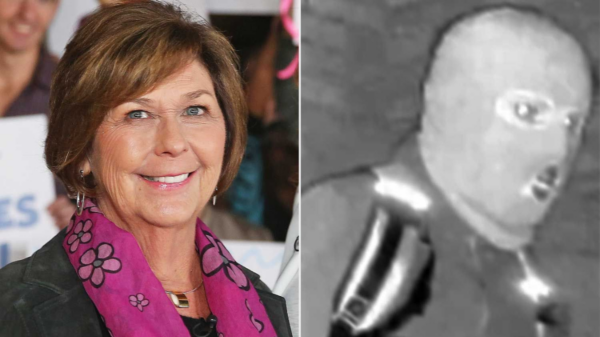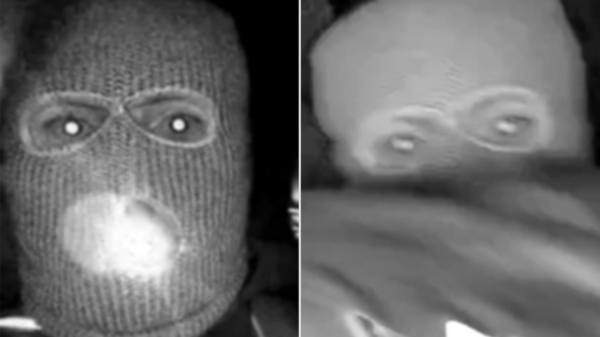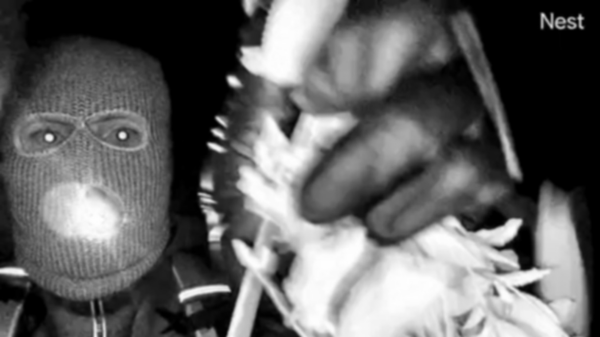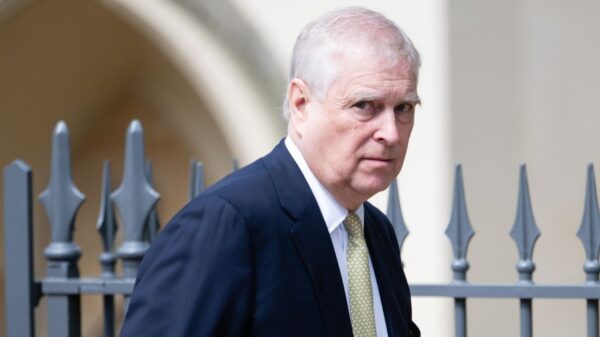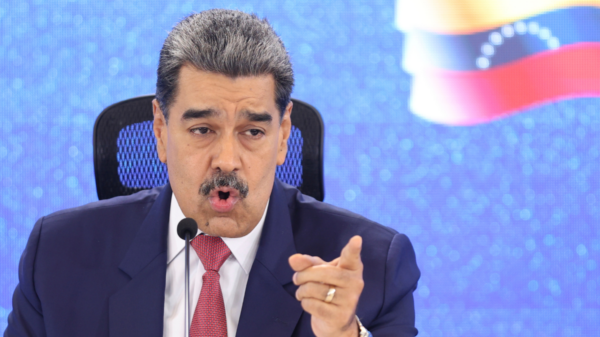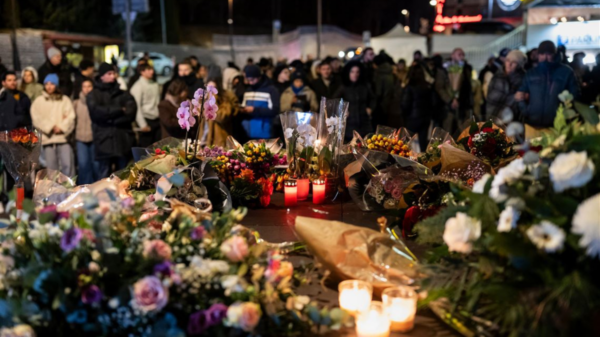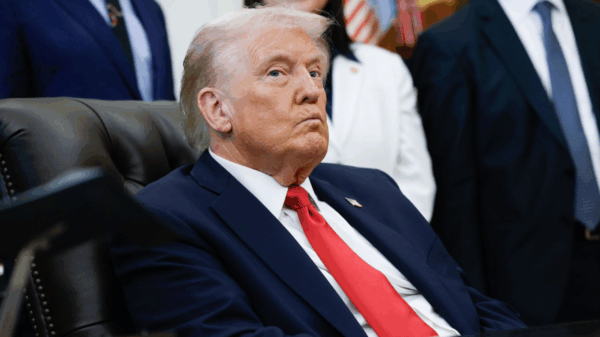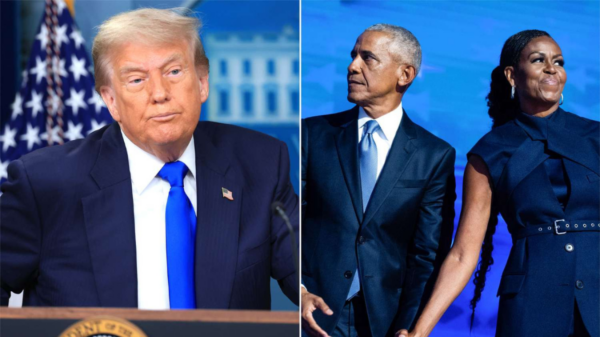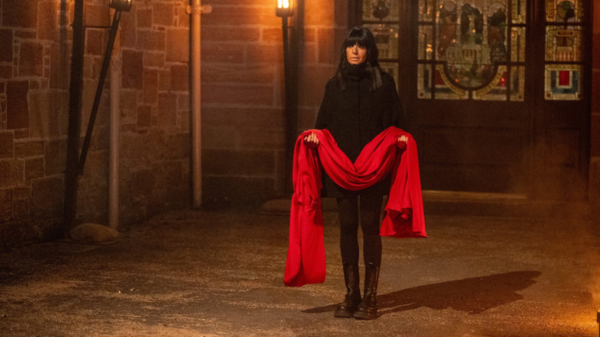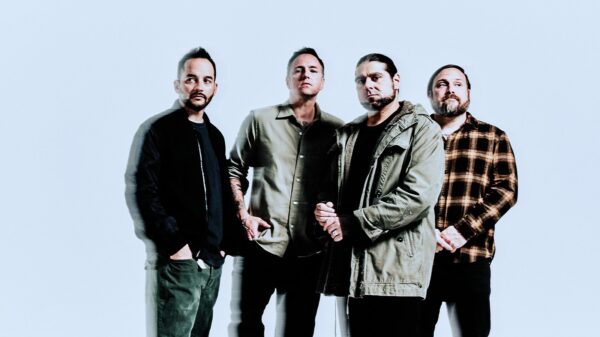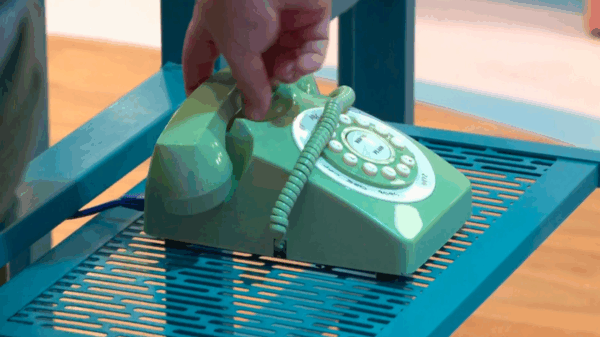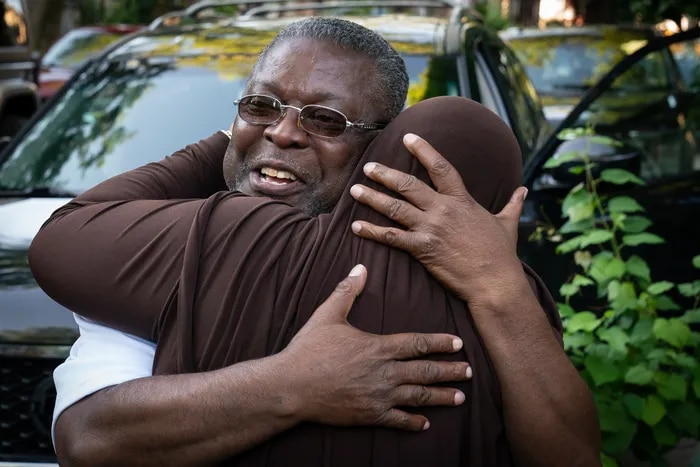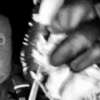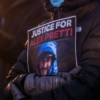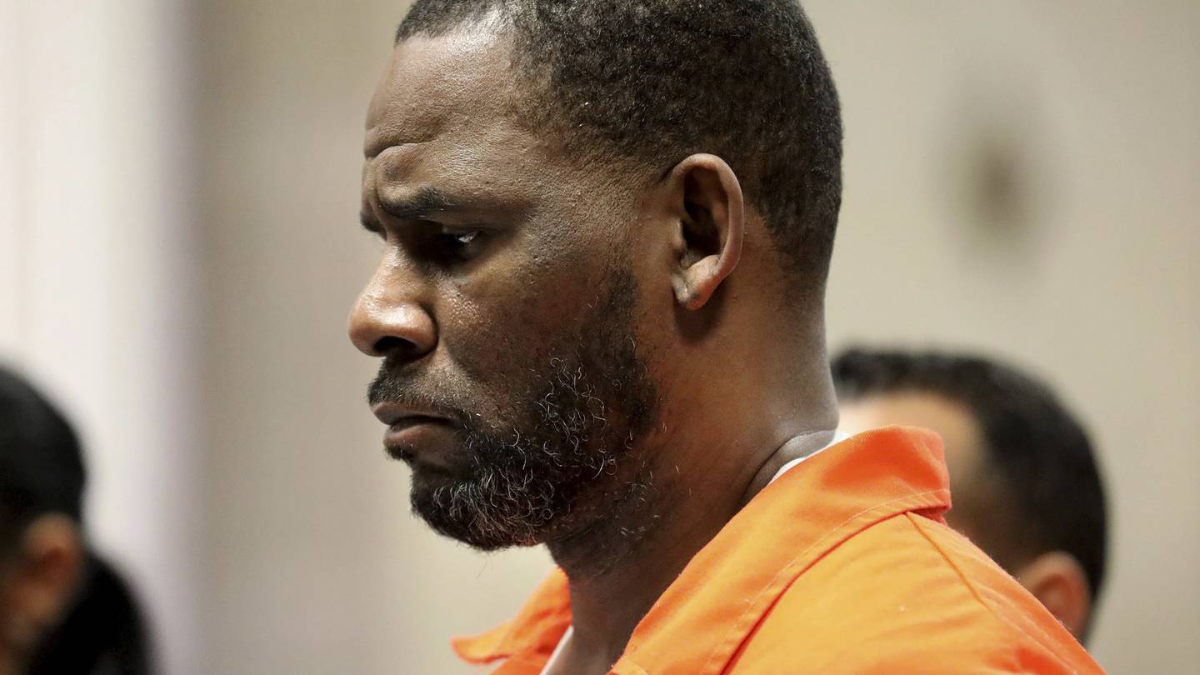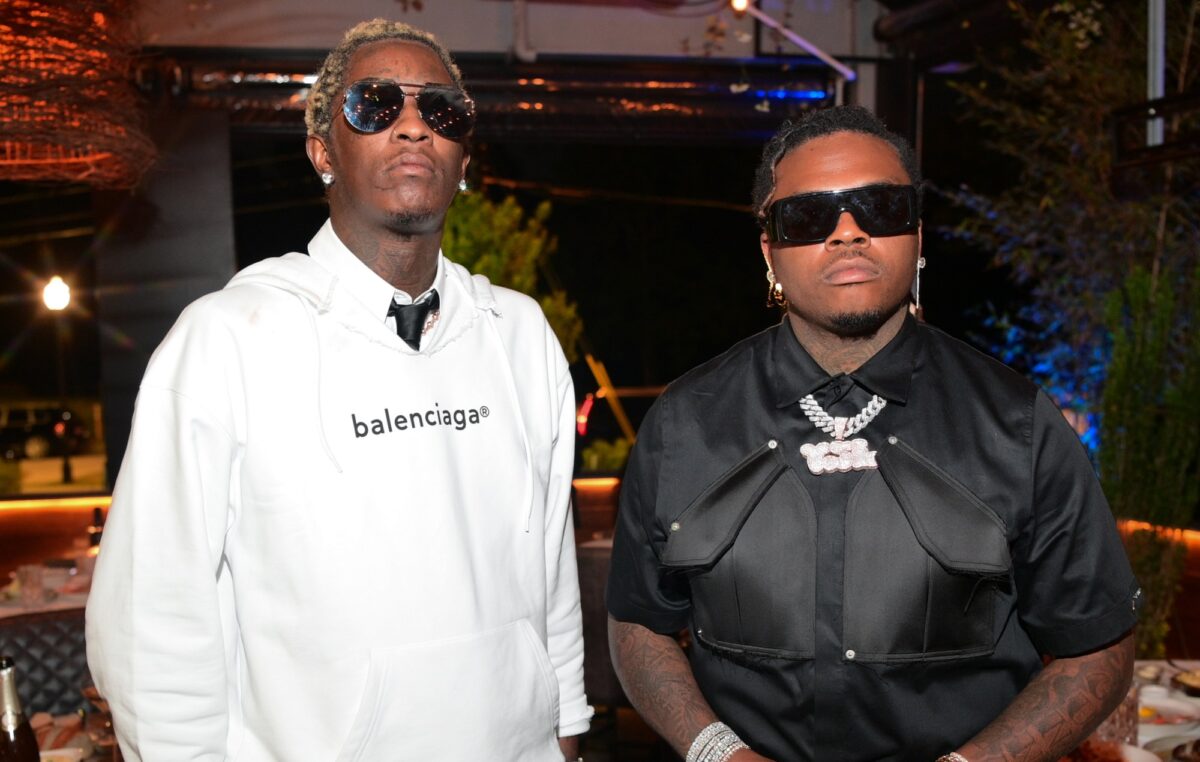In 1991, Curtis Crosland was convicted of the 1984 murder of Philadelphia store owner Il Man Heo, and sentenced to life in prison based on the testimonies of two purported witnesses that later recanted their statements.
Now 60, Crosland has finally been freed, in part to his tenacity and discipline in his law studies while in prison and the Philadelphia Conviction Integrity Unit.
Curtis Crosland was arrested for the crime in 1987, and was subsequently found guilty of second-degree murder, robbery, and possession of an instrument of crime, all based on testimony given by Delores Tilghman and Rodney Everett, two individuals who police knew were incredulous.
According to CNN, the lawsuit filed on behalf of Crosland stated that documents in regard to the reliability of the witnesses and potential alternate lead — all of which could have helped acquit or exonerate him — had been in files at the Philadelphia Police Department and the Philadelphia District Attorney’s Office from the beginning of the case.
At the time, authorities had their minds made up that they were going to move to convict Crosland, and did everything in their power to mold the pieces of the case to fit the narrative pointing to Crosland as Heo’s killer.
“It made me very emotional. It was mind-blowing that all that could be hidden, to convict an innocent man. It was painful. It was difficult to even share with my family some of the things I learned that happened to me.”Curtis Crosland, on discovering the evidence authorities kept hidden.
The case highlights, once again, the role that racism plays in the justice system and what happens when corrupt authorities dictate the fate of those in their custody, regardless of evidence that could have prevented further devastation for a family that had nothing to do with a tragic crime. Heo’s son agreed with that notion, recalling the way his own family was treated during the case.
The negligence affected not only Crosland and his children, one of whom was 2 years old when he was arrested and locked away, but the efforts spent attaching false testimonies and evidence to an innocent man should have been spent investigating who actually killed Heo at his store in 1984.
The Philadelphia Conviction Integrity Unit was formed in 2018 and now, with Crosland’s release, has 22 exonerations under its belt. While this organizations and ones like it around the country are very much necessary as an oversight body, the fact that they are needed is troubling, to say the least.
As it stands, advocacy organizations will continue the fight on behalf of the wrongfully convicted men and women in their care. The goal in transforming the justice system will be to not even have cases like Crosland’s. Until then, they will continue their work, hero to people like Crosland, who brims with gratitude,
“I feel exceedingly joyful, happy, that finally, you know … after 30 or more years, after constantly knocking on the door for somebody to please hear me, that day finally came.”


